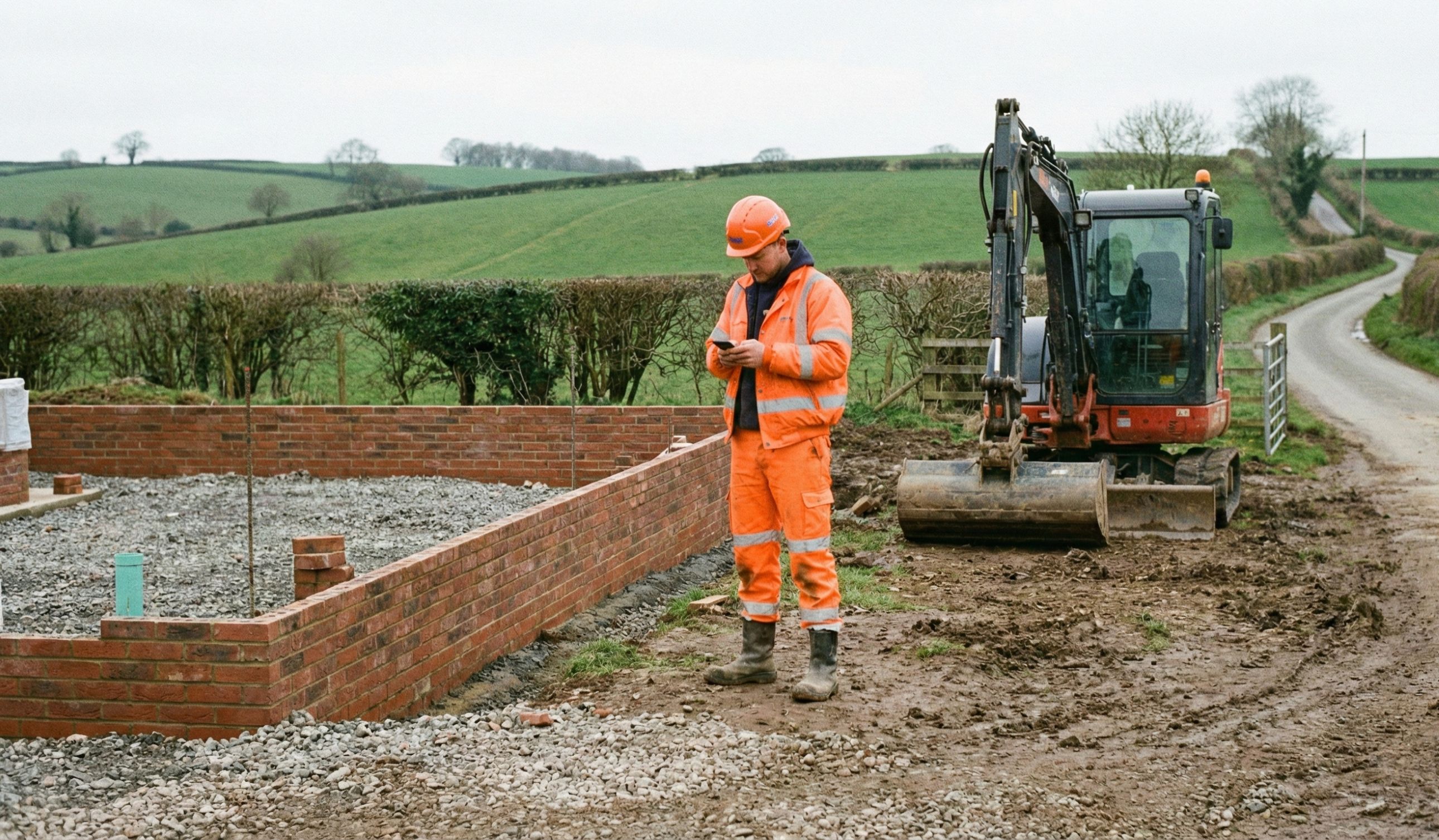There has always been a lot of talk in the health and safety community about keeping lone workers physically safe from harm, and this is undoubtedly important, but not as much attention has historically been paid to the mental health of employees who spend the vast majority of their days working alone away from team members and supervisors.
When this way of working continues for extended periods of time, as is required to perform a lot of lone worker jobs, it can have a negative and potentially devastating impact on the general wellbeing of your remote workforce. And things might be about to get worse.
According to the Office for National Statistics, as of June 2020, the number of adults who reported experiencing symptoms of depression during the COVID-19 pandemic (19.2%) was almost double of that reported in the previous year (9.7%). Of those affected, 84.9% of people said that this manifested as feeling stressed and anxious.
Suicide Prevention Day lands on September 10 and, even if the mental health of your employees hasn’t been a chief concern for your business in previous years, the ongoing health crisis has highlighted many potential triggers and pitfalls for those suffering from conditions such as anxiety or depression.
Isolation is chief among these catalysts and, though returning to work can help ease the symptoms for many people, this is not an option for others for who working alone is just a normal part of their job role. These workers may also have been asked to work throughout lockdown, which could have caused increased levels of stress and anxiety.
Physical threat when working alone
It’s not only the seclusion of working alone that can erode a worker’s sense of wellbeing, but also incidents such as injury, bullying and harassment or even being attacked while at work. Certain job roles such as care workers, security guards or late-night receptionists and cleaners, are at greater risk of being assaulted while working alone, and additional measures must be in place to protect them from physical and psychological harm.
To mitigate the impact of these incidents it’s incredibly important that employees have an open and transparent line of communication with their supervisors if something is making them feel unsafe, and more hands-on solutions such as personal safety alarms and alarm monitoring can be invaluable to making workers feel safe.
Lone worker safety alarms make things simple by allowing the user to keep a device on their person, activating an SOS alert if an incident occurs while they are working alone. Many of these panic alarms also have Man Down functionality, which can detect when a user has fallen and may need assistance.
How to protect the mental health of lone workers
It’s vital for employers to take care of their staff across all areas, including both physical and mental health concerns. Lone workers must, of course, be safeguarded against injury, but unchecked mental health crises have every chance of manifesting as physical limitations or - at worst - the loss of employees if not dealt with in the correct way.
Whether anxiety, depression or another mental health issue has arisen because of life circumstances, overall health, outside concerns or as a direct result of workplace circumstances, employers have a duty of care that is in the interest of both the business and the worker in question to fulfil.
But it’s easier said than done, with just half (51%) of respondents to a 2019 YouGov survey on Mental Health at Work saying they felt comfortable speaking about their mental health at work. This is why communication is critical, and the best tool in an employers’ arsenal when it comes to safeguarding staff’s overall mental health.
Lone workers can often go several days without speaking with colleagues, allowing isolation and stress to fester. But there are several ways to combat this, including:
- Incorporate mental health risk factors into your broader risk assessment.
- Promote an open and accepting culture at work.
- Consider a buddy system for those ordinarily working alone.
- Train managers working directly with lone workers on how to spot the signs of anxiety, stress and depression. Organisations like Mind have good resources that can help your business achieve this.
- Offer and make readily available tools, resources and support to workers who express concerns around mental health.
If you or someone you know is struggling, please seek help and support from a loved one or mental health professional. Visit Mind or Samaritans to access their online resources.
To find out more about Vatix services, click here or call us on 020 3991 5555.

.png)


